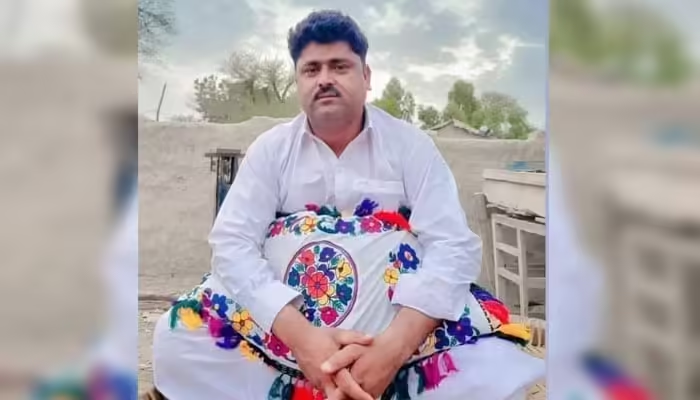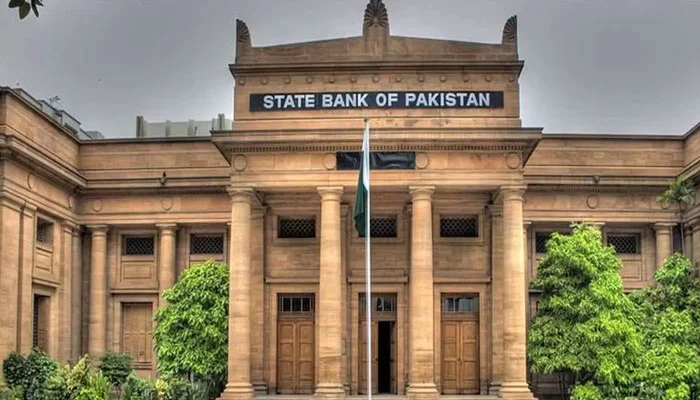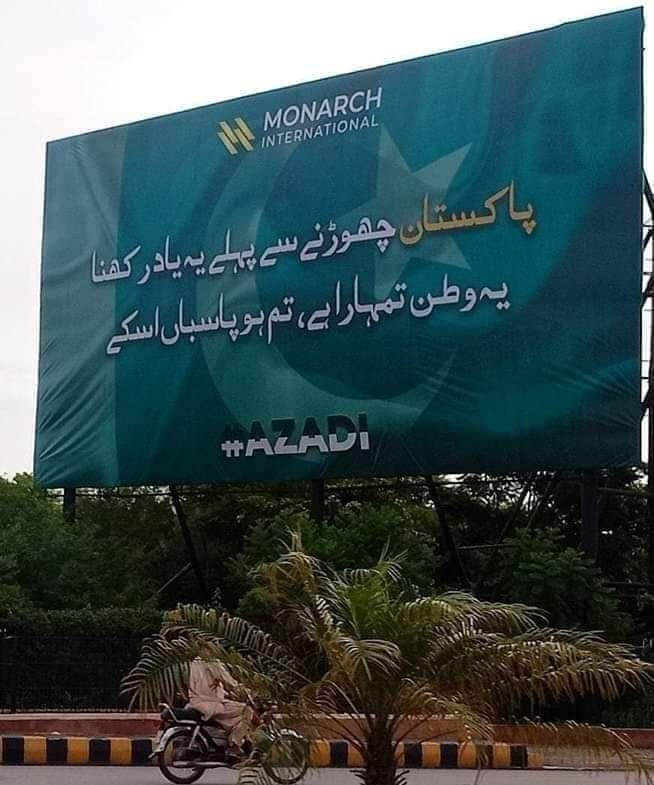In a tragic incident that underscores the growing dangers faced by journalists in Pakistan, a local journalist, Bachal Ghunio, was brutally gunned down in Sindh’s Ghotki district on Tuesday. The news of his murder has sent shockwaves through the region, with locals pointing fingers at dacoits, who they believe are responsible for the heinous crime.
According to police reports, Ghunio was attacked while he was visiting his agricultural fields. His lifeless body was later transported to Taluka Headquarter Ubauro Hospital, where an investigation into the circumstances surrounding his death is currently underway. The murder of Ghunio is part of a troubling pattern of escalating violence against journalists in Pakistan, with 2024 already witnessing the tragic deaths of nine media professionals.
Following the incident, Ghunio’s family and supporters staged a protest outside the office of the Senior Superintendent of Police in Mirpur Mathelo, demanding swift justice and the immediate arrest of those responsible for the killing. The protest reflects the frustration and fear that many journalists and their families feel as they continue to work under the constant threat of violence.
The Sindh Chief Minister, Murad Ali Shah, took prompt notice of the incident, directing the police to apprehend the suspects without delay. Additionally, the chief minister has ordered an intensification of operations against dacoits in the riverine areas, where criminal activities have been rampant. The directive is seen as an attempt to curb the lawlessness that has plagued the region and to restore a semblance of order in the face of growing insecurity.
Ghunio’s murder is not an isolated case. It follows a disturbing trend of targeted attacks against journalists across Pakistan. Just last month, reporter Malik Hassan Zaib was shot dead by unknown assailants in Khyber Pakhtunkhwa’s Nowshera district while traveling with his brother. Earlier this year, on May 3, Muhammad Siddique Mengal of Balochistan lost his life in a bomb attack, while Ashfaq Ahmed Sial from Muzaffargarh was gunned down by motorcyclists on May 15. The violence continued with the murder of Kamran Dawar in North Waziristan on May 21, and on the same day, journalist Nasrullah Gadani was shot near Korai Goth, ultimately succumbing to his injuries three days later.
The pattern of these killings reveals a chilling reality: journalists in Pakistan are being targeted with increasing frequency, often by unknown assailants on motorcycles. The murders appear calculated, designed to silence voices that dare to speak out against criminal elements or report on sensitive issues. This wave of violence has prompted widespread concern, both within Pakistan and internationally.
Reacting to the spate of killings, Sindh Senior Minister Sharjeel Memon condemned the targeting of journalists as an attack on press freedom. He reassured the public that the perpetrators of Ghunio’s murder would be swiftly brought to justice. Meanwhile, Sindh Assembly Opposition Leader Ali Khurshidi echoed these sentiments, calling for the immediate arrest of those responsible and emphasizing the need to protect journalists who are increasingly becoming targets of violence.
The international community has also voiced its alarm over the situation in Pakistan. In June, the International Press Institute (IPI) issued a statement expressing grave concern over the attacks on Pakistani journalists. The IPI called on Pakistani authorities to ensure the safety and protection of media professionals, highlighting the critical role that journalists play in a functioning democracy. Earlier, the International Federation of Journalists (IFJ) had issued a similar statement in May, warning that journalism was “under threat” in Pakistan.
The murder of Bachal Ghunio serves as a stark reminder of the risks that journalists in Pakistan face daily. It underscores the urgent need for stronger protections for media workers and a more robust response from the government to combat the culture of impunity that allows such violence to continue unchecked. As the nation mourns the loss of another journalist, the call for justice grows louder, with demands for not only the arrest of those responsible but also for broader reforms to ensure that such tragedies do not continue to plague Pakistan’s press.
As Ghunio’s family and colleagues mourn his loss, the broader journalistic community in Pakistan remains on edge, knowing that the dangers they face are far from over. The need for urgent action to safeguard the lives of those who risk everything to report the truth has never been more apparent.



